President Biden to present Medal of Honor to Georgia veteran
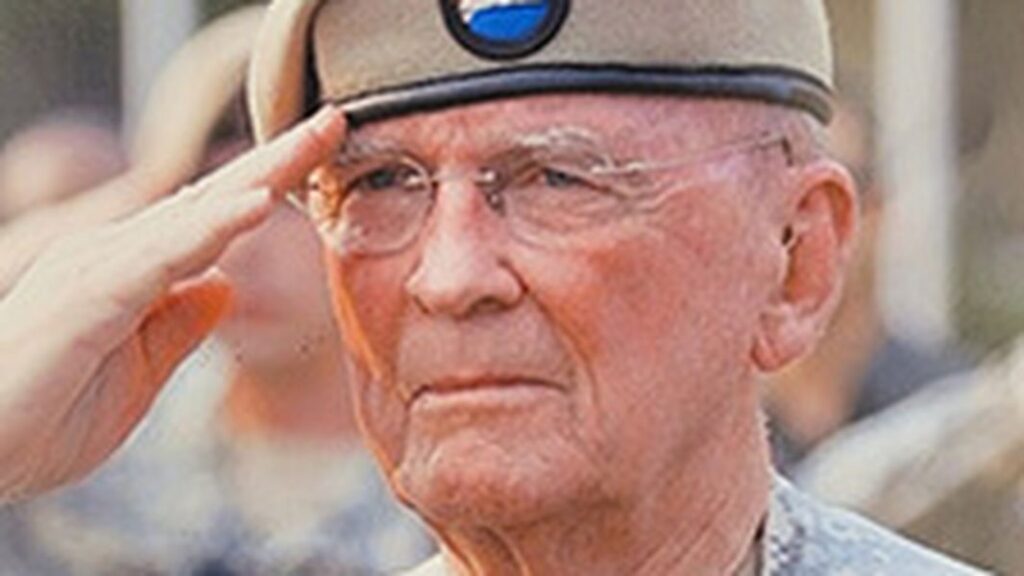
Col. Ralph Puckett Jr. fought bravely in Korean War
First Lt. Ralph Puckett Jr. was grievously wounded by enemy mortar fire atop Hill 205 in Korea that frigid November night. He ordered his men to leave him behind. Outnumbered by about 10 to 1, his unit of elite Army Rangers had been overrun by Chinese troops. Hand-to-hand combat ensued.
“I had been wounded three times by then, and I was lying there on the foxhole unable to do anything,” the Georgia native recalled in an interview for the Witness to War Foundation. “I could see three Chinese about 15 yards away from me, and they were bayoneting or shooting some of my wounded Rangers who were in the foxholes.”
Puckett led his men in capturing that hill. Then he helped them hold it against relentless counterattacks, repeatedly exposing himself to enemy fire while scrambling from foxhole to foxhole to check his unit’s perimeter and handing out ammunition to his Rangers. He refused to leave despite his injuries, instead calling in “danger close” artillery support. A pair of his Rangers dragged him down the hill to safety.
More than 70 years later, President Joe Biden will present the 94-year-old veteran — he retired as a colonel — with the Medal of Honor for conspicuous gallantry during the Korean War. First authorized in 1861, the honor is the highest medal for valor in combat. Biden called Puckett last month to deliver the news. The ceremony is scheduled for Friday in Washington.
“First Lt. Puckett’s extraordinary heroism and selflessness above and beyond the call of duty,” the White House announced this week, “were in keeping with the highest traditions of military service.”
The Battle of Hill 205
Born in Tifton, Puckett graduated from the U.S. Military Academy at West Point and was commissioned a second lieutenant in 1949. He was assigned to Japan when he volunteered for the Eighth Army Ranger Company, a unit formed shortly after the Korean War began.
“Sir, I volunteer to be a sergeant or rifleman, if you’ll take me into that Ranger Company,” Puckett recalled saying.
He was appointed company commander. On Nov. 25, 1950, he led about 50 Rangers against Chinese forces atop Hill 205 near Unsan, Korea. He ran across an open area three times to draw enemy fire, military records show, allowing the Rangers to locate and destroy enemy positions and seize the hill.
That evening in near zero-degree weather, Puckett heard the Chinese signal with bugles and whistles that they were mounting a counterattack. His men repelled five waves of Chinese troops over four hours into the early morning.
“I called in artillery and always got it immediately,” he said in his Witness to War interview. “And it was a predominant power on the battlefield where we were. It really paid off. It saved our necks.”

Puckett was wounded in the thigh by grenade fragments during the first wave. At one point, he gave the order to “fix bayonets.” Two enemy mortar rounds detonated in Puckett’s foxhole, seriously wounding him. Unable to move and learning that artillery support was no longer available, Puckett commanded his Rangers to leave him behind. They refused, fighting their way to his side and then dragging him to the bottom of the hill, where Puckett called for more artillery fire against the enemy.
Of the 51 Rangers who captured the hill, 10 were killed or missing and 31 were wounded. Puckett was awarded the Distinguished Service Cross, which will be upgraded to the Medal of Honor.
“He feared no man, he feared no situation and he feared no enemy,” Retired Gen. Jay Hendrix, who served with Puckett in combat, said in a statement. “Clearly a unique, courageous soldier in combat and even more importantly, in my opinion, Col. Puckett was an ultimate infantry leader.”

A campaign to honor Puckett
J.D. Lock was teaching systems engineering at West Point and researching Ranger history when he learned of Puckett’s heroism. He reached out to Puckett and the two became friends.
Over the course of many years and with the support of U.S. Sens. John McCain of Arizona and Zell Miller of Georgia, Lock advocated for Puckett to receive the Medal of Honor. His initial efforts were rejected.
“He never in one instance ever requested to do this — never mentioned it. I came to him,” said Lock, a retired Army lieutenant colonel who wrote “Rangers in Combat: A Legacy of Valor.” “He is the icon when it comes to the ultimate American warrior.”
Lock recruited top U.S. military officials to the cause, including retired U.S. Army Gen. Stanley McChrystal, who led Joint Special Operations Command.
“Colonel Puckett is a man of considerable personal humility and self-restraint. He is not one to tout his own accomplishments,” McChrystal wrote Army officials in 2018. “Notwithstanding, I believe his action reflects great credit upon himself and warrants the recognition of the Medal of Honor.”
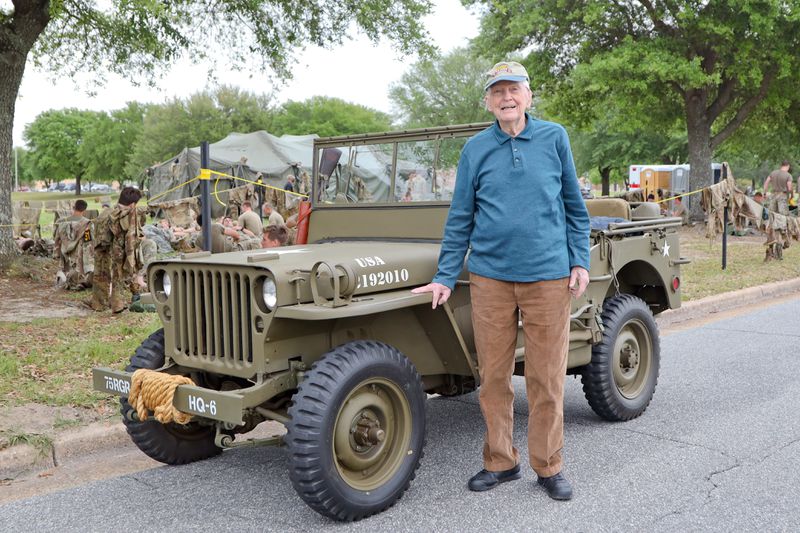
‘The wind beneath my wings’
Puckett refused a medical discharge for his wounds in Korea and instead remained in the Army. Later, he led U.S. Special Forces teams in Germany and served in combat with the 101st Airborne Division during the Vietnam War.
After retiring from the Army in 1971, Puckett became the national programs coordinator for Outward Bound, a nonprofit educational organization. He later established Discovery Inc., a leadership and teamwork development program.
His awards include two Distinguished Service Crosses, two Silver Stars, two Bronze Star Medals with V device, and five Purple Hearts. He was an inaugural inductee into the Ranger Hall of Fame in 1992 and the Georgia Military Veterans Hall of Fame in 2013. From 1996 to 2006, he served as the first honorary colonel of the 75th Ranger Regiment. He authored “Ranger: A Soldier’s Life” and “Words for Warriors: A Professional Soldier’s Notebook.”
Puckett and Jean, his wife of 68 years, live in Columbus.
“She’s the wind beneath my wings,” he said during a 2010 ceremony when a Fort Benning road was named for him. “She’s my hero — I’d be nothing without her.”
On Thursday, Puckett invoked the names of George Washington and Abraham Lincoln while emphasizing the importance of Americans being united. He said he was shocked when he got Biden’s call and is honored to receive the medal. He also sought to shift attention to the troops with whom he served, saying they “did more than I asked… in order to maintain our freedom.”
“I want them to know that they are the ones who did the job,” he said during a call with reporters. “They did the fighting. They suffered the wounds. They suffered the deaths. They are the ones who deserve the credit. And I hope that they could get that.”
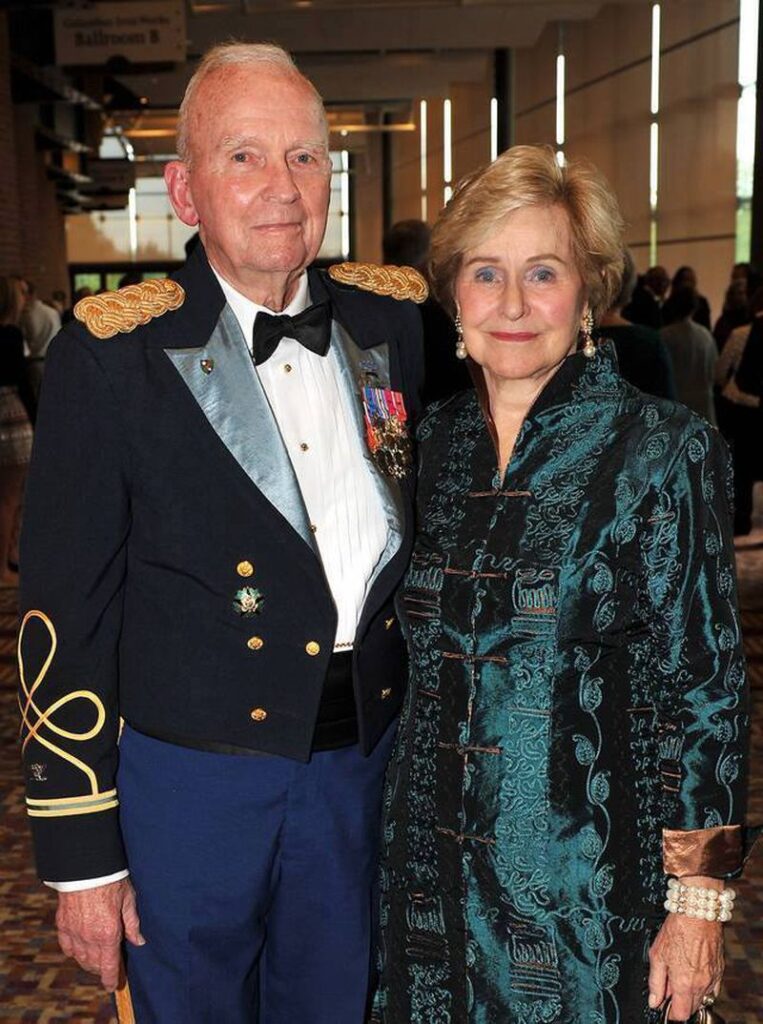
Credits / Original Story: By Jeremy Redmon, The Atlanta Journal-Constitution ajc.com

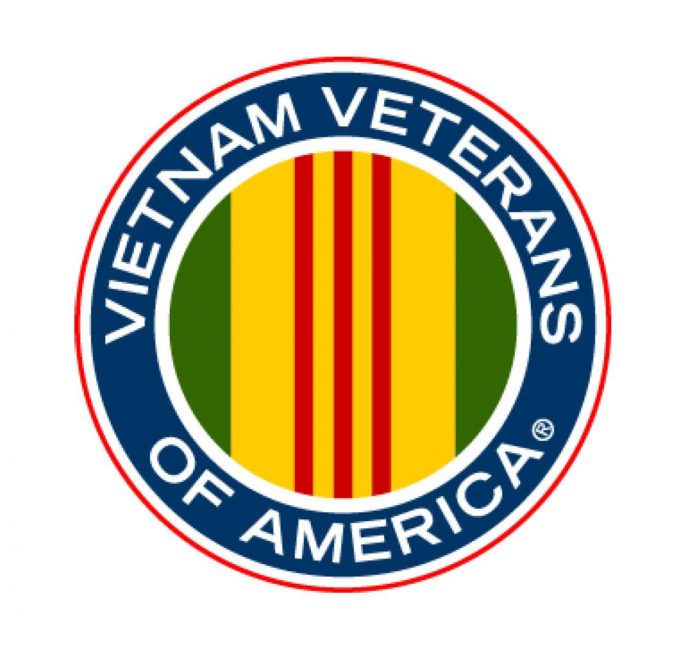
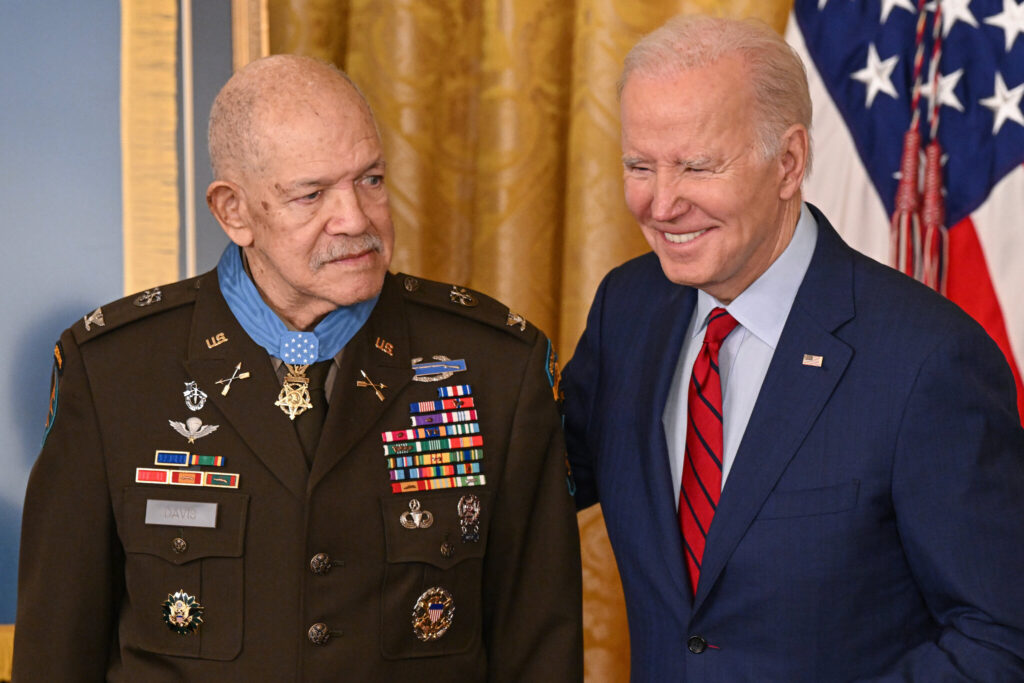
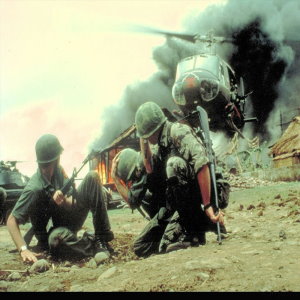

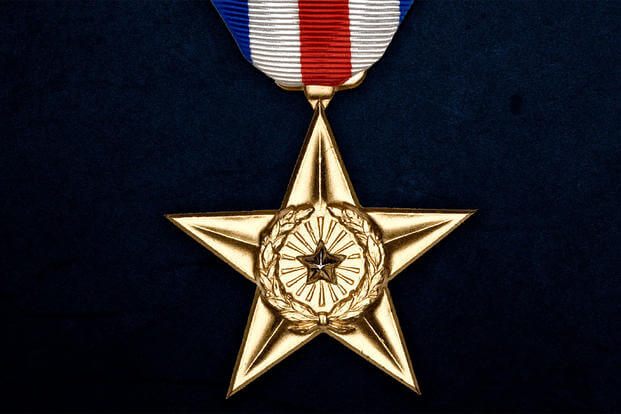
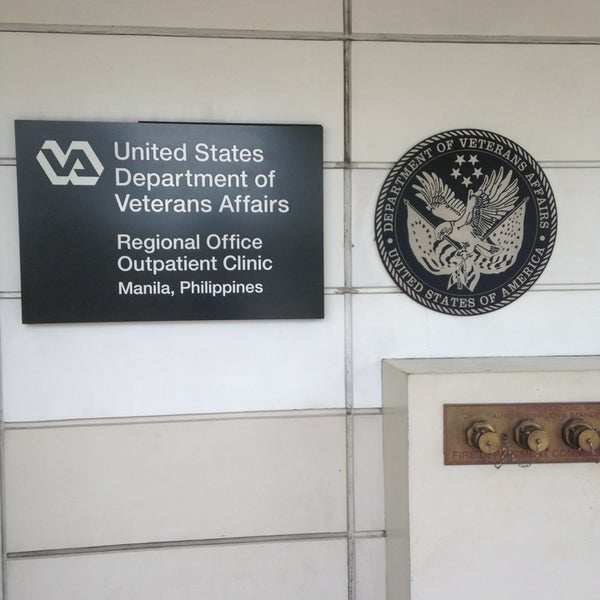
Responses